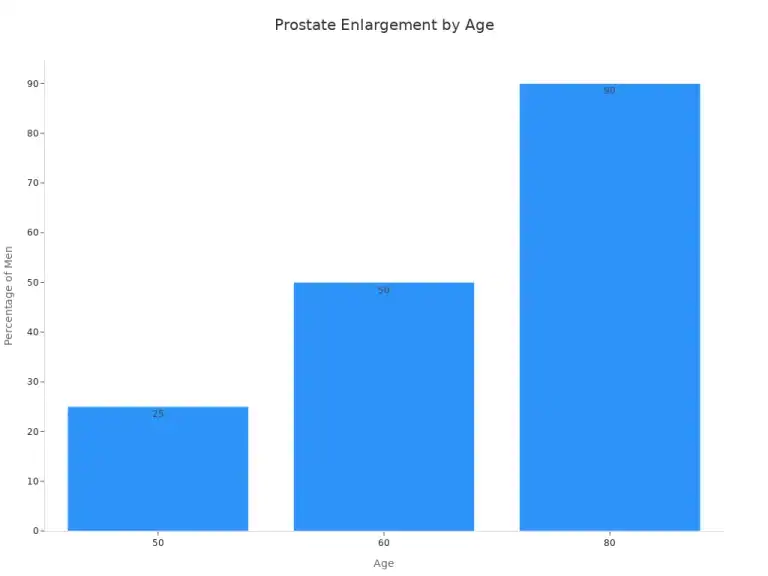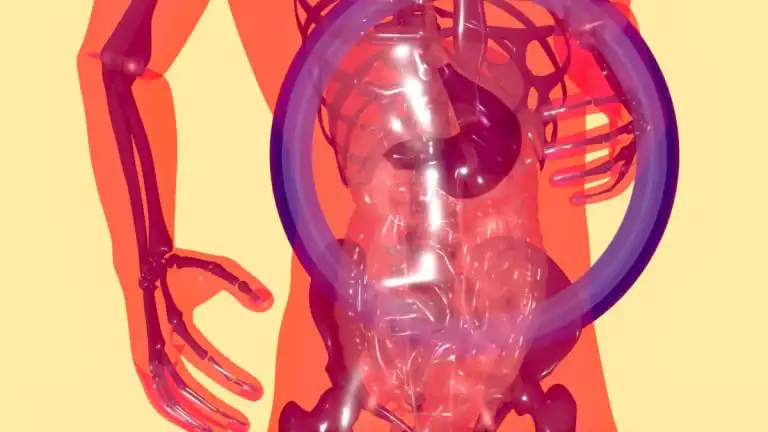Cigarettes pack over 7,000 chemicals, including at least 70 that cause cancer. Whenever you smoke, tar coats your lungs, making it harder to breathe, while nicotine hooks you by messing with your brain’s reward system. Your heart works overtime, your teeth yellow, and your skin wrinkles faster—yet quitting feels impossible because withdrawal hits hard. However, the damage isn’t just to you. Secondhand smoke puts everyone nearby at risk too.
The Harmful Chemicals Found in Cigarettes
Cigarettes contain over 7,000 chemicals, and at least 70 of them are known to cause cancer. When you smoke, toxic chemicals like formaldehyde, arsenic, and benzene enter your body—substances also found in car exhaust and industrial products.
Nicotine addiction keeps you hooked, but it’s the other poisons doing the real damage. Tar coats your lungs, while carbon monoxide steals oxygen from your blood. Even ammonia, used in cleaning products, makes nicotine harder to quit by boosting its absorption.
You may imagine filters help, but they barely block these dangers. Every puff exposes you to chemicals that weaken your immune system and damage cells. It’s not just about willpower; your body fights an invisible chemical assault with each cigarette.
How Smoking Affects Your Lungs
Smoking wrecks your lungs, making it harder for you to breathe over time. The toxins in cigarettes damage your lung tissue, raising your risk for serious conditions like COPD or lung cancer.
You may notice shortness of breath even during simple activities, like climbing stairs or walking short distances.
Lung Damage Risks
It’s no secret smoking wreaks havoc on your lungs. Every puff introduces toxins that trigger lung tissue inflammation, making it harder for your body to heal. Over time, tar builds up, causing airway clogging and reducing your lungs’ ability to function properly.
You may not feel it immediately, but the damage is happening silently. The delicate air sacs, which help oxygen reach your blood, get scarred and stiff. This means less oxygen for your body, leaving you tired even when you’re not active.
Smoking also weakens your lungs’ defense systems, making infections like bronchitis more likely. You could cough more often as your body tries to clear the toxins. The longer you smoke, the worse it gets—quitting is the only way to slow or reverse the damage.
Breathing Difficulties Caused
| Symptom | Cause | Impact |
|---|---|---|
| Shortness of breath | Inflamed airways | Less oxygen reaches blood |
| Wheezing | Narrowed bronchial tubes | Labored breathing |
| Chronic cough | Mucus buildup | Irritated lungs |
Your lungs lose elasticity, so they can’t expand fully. Tar coats the lining, trapping toxins and triggering inflammation. Even laughing or deep breaths feel strained. The longer you smoke, the worse it gets—your body fights for air it can’t fully use.
The Link Between Smoking and Heart Disease
Lighting up a cigarette doesn’t just harm your lungs—it directly damages your heart, too. As soon as you smoke, the chemicals in cigarettes cause blood pressure fluctuations, straining your arteries and making your heart work harder.
At the same time, carbon monoxide from smoke reduces your decreased oxygen supply, starving your heart of what it needs to function properly. Over time, this weakens your heart muscles and increases the risk of heart disease. You may notice shortness of breath, chest pain, or fatigue, all warning signs your heart is struggling.
The positive news? Quitting smoking starts repairing damage almost immediately. Within a year, your risk of heart disease drops by half. Your heart deserves better—every cigarette you don’t smoke is a step toward a healthier life.
Smoking’s Impact on Oral Health
Smoking doesn’t just stain your teeth—it wreaks havoc on your entire mouth. The tar and nicotine in cigarettes cause stubborn tooth discoloration, turning your smile yellow or even brown over time.
But it’s worse than looks: smoking weakens your gums, making them pull away from teeth and increasing your risk of gum disease. You may notice bleeding, swelling, or bad breath that won’t quit. Since smoking cuts blood flow to your gums, healing slows, and infections take hold easier.
Plaque builds up faster, and cavities become more likely. Your sense of taste dulls too, so food loses its flavor. Should you smoke, brush and floss daily, see your dentist regularly, and consider quitting—your mouth will thank you.
Cigarettes and Increased Cancer Risk
While you could worry about yellow teeth from smoking, the risks go much deeper—cigarettes dramatically increase your chances of cancer. The chemicals in tobacco damage your DNA, causing genetic mutations that turn healthy cells into cancerous ones.
Over time, these changes lead to increased tumor growth in your lungs, throat, or other organs. You may not feel symptoms at first, but persistent coughing, unexplained weight loss, or trouble breathing could signal trouble. Smoking doesn’t just affect you; secondhand smoke harms others too.
Quitting cuts your risk, but the sooner you stop, the better. Your body starts repairing itself quickly, reducing the chance of long-term damage. Recall, every cigarette-free day helps your cells heal and lowers your cancer odds.
Effects of Smoking on Skin and Aging
Those same chemicals that harm your lungs also take a toll on your skin, speeding up aging in ways you can’t ignore. Smoking reduces blood flow, starving your skin of oxygen and nutrients, which leads to dullness and slower healing. The toxins decompose collagen and elastin, causing skin elasticity to plummet.
Over time, you’ll notice deeper premature wrinkles, especially around your mouth and eyes. Your complexion might turn sallow, with uneven texture and more pronounced pores. Even short-term smoking dries out your skin, making fine lines appear sooner. The longer you smoke, the harder it becomes to reverse the damage.
If you quit, your skin can gradually repair itself, but prevention is always better. Moisturizing and staying hydrated help, but nothing compares to abandoning cigarettes for good. Your future self will thank you.
Secondhand Smoke and Its Dangers
You don’t have to smoke to feel the harm—secondhand smoke puts everyone nearby at risk.
Kids exposed to it face higher chances of asthma and infections, while adults risk heart disease and lung cancer. Even in workplaces or public spaces, lingering smoke creates hazards you can’t ignore.
Health Risks to Bystanders
Because cigarette smoke lingers in the air long after the smoker exhales, bystanders breathe in toxins without even lighting up. Secondhand smoke exposure puts you at risk for serious health problems, even should you’ve never touched a cigarette.
Environmental tobacco pollution clings to clothes, furniture, and cars, so one can’t always avoid it. Inhaling these chemicals raises your chances of heart disease, lung cancer, and respiratory infections. You may notice coughing, wheezing, or irritation in your eyes and throat after being near smoke.
The smoke contains over 7,000 chemicals—hundreds are toxic, and about 70 cause cancer. Were you to live or work around smokers, your risk goes up. Opening windows or using fans doesn’t fully clear the air.
The best way to protect yourself? Stay away from smoking areas and ask others to smoke outside.
Children and Smoke Exposure
Whenever kids are around cigarette smoke, their tiny lungs take in the same dangerous chemicals as adults—but the harm can be worse. Their bodies are still developing, making them more vulnerable to illnesses like asthma, ear infections, and even sudden infant death syndrome (SIDS).
Here’s why secondhand smoke is especially risky for children:
- Weaker immune systems: Kids can’t combat toxins as readily, so even fleeting exposure can trigger coughing, wheezing, or frequent colds.
- Exposure to advertising: Seeing smoking glamorized in ads or media can make it appear harmless, increasing curiosity or acceptance.
- Peer pressure: Older kids might emulate smoking behaviors they see at home or in social circles, believing it’s normal.
Protecting them starts with keeping smoke away—indoors and out.
Workplace and Public Hazards
Secondhand smoke doesn’t just linger in homes—it follows people into workplaces and public spaces, putting everyone nearby at risk. Breathing in someone else’s smoke can irritate your eyes, trigger asthma, or even lead to heart disease over time.
In offices, exposure can cause headaches and nausea, leading to a productivity decline as you struggle to focus. Workers exposed to smoke often face more respiratory issues, increasing workplace absenteeism.
Restaurants, bars, and outdoor seating areas aren’t safe either—smoke drifts, and you can’t always avoid it. In the event that you’re sensitive to smoke, speak up about ventilation or smoke-free policies. Carry a mask for crowded spaces, and choose smoke-free venues when feasible. Your health matters, and small steps can reduce your risk.
Smoking’s Influence on Mental Health
Smoking doesn’t just harm your lungs—it can also take a toll on your mental health. You may believe lighting up helps with stress management, but it actually worsens anxiety and depression over time. Nicotine messes with your brain’s mood regulation, creating a cycle where you crave more to feel “normal.”
Increased Anxiety: Smoking spikes cortisol, the stress hormone, making you feel more on edge.
Mood Swings: Nicotine withdrawal between cigarettes can leave you irritable or low.
Dependency: Relying on smoking for relief traps you in a loop, making it harder to cope naturally.
You deserve better ways to handle stress—ones that don’t sabotage your mind. Small changes, like deep breathing or walking, can help break the cycle.
Quitting Smoking and Health Benefits
How soon can your body start healing after you quit smoking? Within just 20 minutes, your heart rate drops to normal. In 12 hours, carbon monoxide levels in your blood decrease, letting oxygen flow better.
Breaking free from nicotine addiction isn’t easy—withdrawal symptoms like irritability or cravings might hit hard—but your health improves fast. After 48 hours, your sense of taste and smell sharpen. By 2 weeks, lung function begins to recover, making breathing easier. A year later, your heart disease risk drops by half. Quitting lowers your chances of cancer, stroke, and lung disease over time.
To manage cravings, try chewing gum, staying busy, or leaning on support. Each smoke-free day strengthens your body and mind. You’ve got this.
Conclusion
You take a deep breath, and for once, your lungs don’t ache. Your heart beats steady, your skin glows a little more, and your morning cough is gone. Funny how life gets better whenever smoke isn’t clouding it. Every craving you fight is another step toward a stronger, healthier you. The clock’s already ticking—why not let it count in your advantage? Quitting isn’t easy, but neither is breathing through tar. Choose air. Choose *you*.



